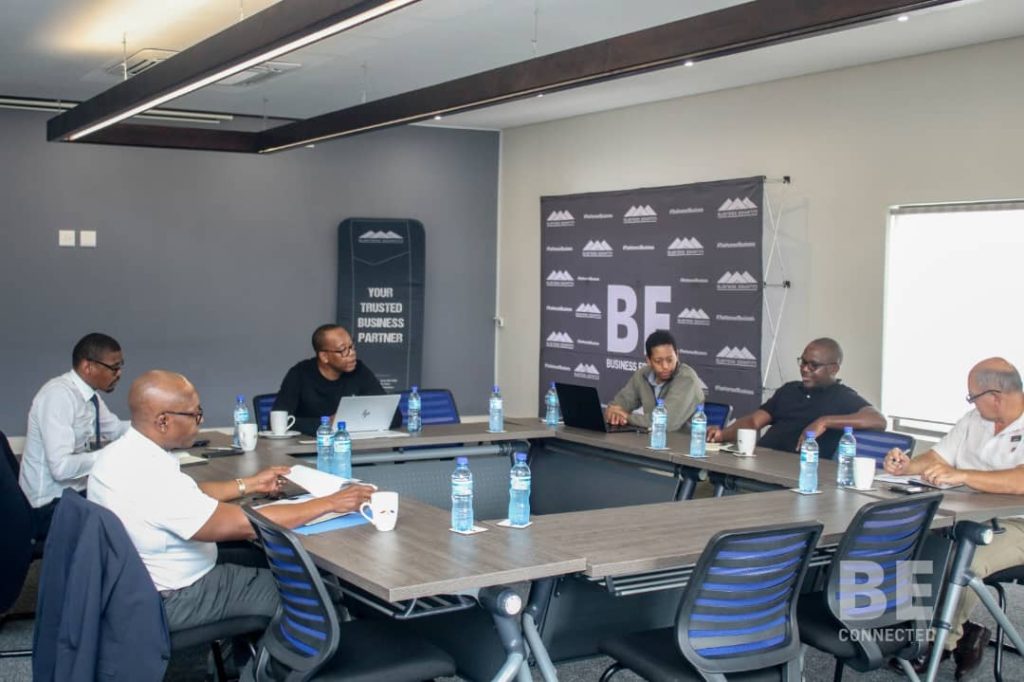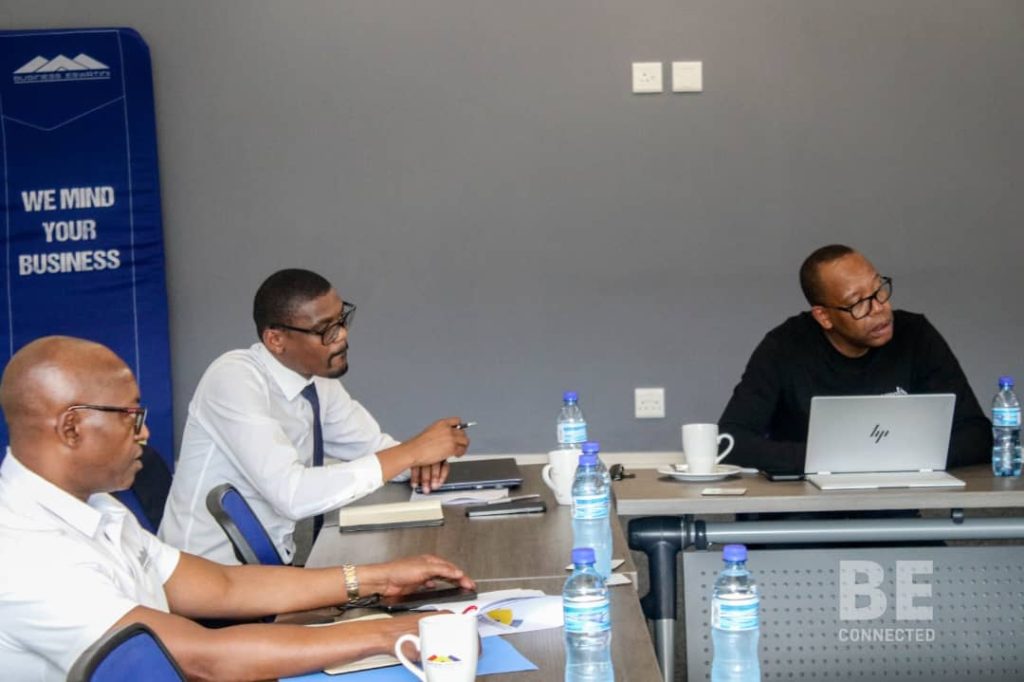
By Phiwa Sikhondze
The Business Eswatini (BE) Trade and Commerce Committee convened its first quarterly meeting of the year earlier this week, where members engaged in robust discussions on Eswatini’s economic outlook, food security, and the role of digital transformation.
The meeting resulted in key resolutions aimed at strengthening fiscal stability, enhancing agricultural competitiveness, and ensuring inclusive participation in the country’s digital transformation efforts.
With the government’s ambitious target of achieving 8.3% GDP growth in 2025, the Committee emphasized the need for double-digit expansion in key sectors, including construction, agriculture, manufacturing, and financial services.
However, concerns were raised about the anticipated decline in revenue from the Southern African Customs Union (SACU), which poses a significant fiscal challenge.
In response, the Committee called on the Minister of Finance to adopt a strategic approach to utilizing the Stabilization Fund. Members urged that funds be directed towards investments in high-impact growth sectors rather than being allocated primarily to recurrent expenditure.
Tax compliance was also identified as a critical factor in ensuring revenue stability. To address this, the BE Secretariat has been tasked with launching a tax education and compliance initiative in partnership with the Eswatini Revenue Service (ERS).
This program will focus on improving awareness of tax obligations and fostering a culture of voluntary compliance. Details of the initiative are expected to be shared in the coming weeks.
The Committee acknowledged the growing threat of food insecurity, exacerbated by climate change, and underscored the need for a review of Eswatini’s agricultural production models.
Members highlighted the importance of economies of scale in competitive sectors such as sugar production while also assessing diversification strategies for products with low returns on investment.
The BE Secretariat has been directed to engage both private and public agricultural stakeholders in reviewing production models to ensure they align with economic sustainability and market demand. The Committee emphasized that future agricultural investments should be guided by opportunity costs and long-term viability.
The Committee welcomed the recent partnership between Google and the Government of Eswatini, recognizing it as a crucial step in enhancing the country’s digital economy and overall competitiveness.
However, concerns were raised regarding the lack of stakeholder engagement and the absence of a clear framework detailing how the agreement will benefit local businesses, particularly small and medium-sized enterprises (SMEs) in the ICT sector.

To address these concerns, the Secretariat has been tasked with engaging the Ministry of ICT to ensure that the partnership includes capacity-building initiatives for local private sector players. The Committee stressed that the benefits of digital transformation should be accessible to all businesses, not just large corporations.
Following these resolutions, the BE Secretariat will engage relevant ministries, agencies, and stakeholders to drive implementation efforts. Progress updates will be presented at the next quarterly meeting, scheduled for May 2025.
